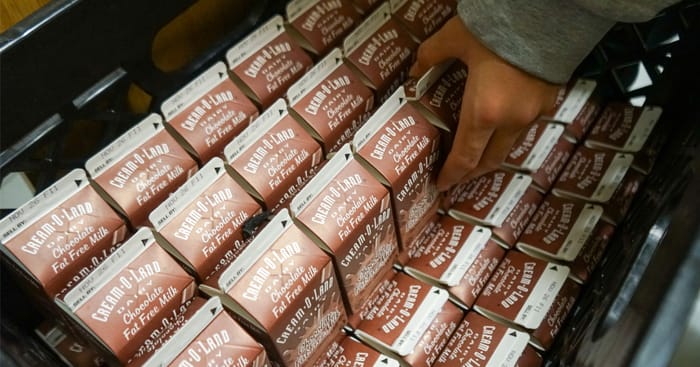Sponsored By
Restaurant interior
Operations
[Test SS] on24 webinar Prod[Test SS] on24 webinar Prod
FoodService Director editors will explore the commercial trends that cross over to onsite operations and share how dining directors can tap into these shifts to meet customer expectations and boost business amid today’s operational challenges.
Subscribe to FoodService Director Newsletters
Get the foodservice industry news and insights you need for success, right in your inbox.


.jpg?width=700&auto=webp&quality=80&disable=upscale)





.jpg?width=100&auto=webp&quality=80&disable=upscale)
.jpg?width=300&auto=webp&quality=80&disable=upscale)



.jpg?width=300&auto=webp&quality=80&disable=upscale)

.jpg?width=300&auto=webp&quality=80&disable=upscale)












.jpg?width=300&auto=webp&quality=80&disable=upscale)
.jpg?width=300&auto=webp&quality=80&disable=upscale)

.jpg?width=300&auto=webp&quality=80&disable=upscale)



.jpg?width=300&auto=webp&quality=80&disable=upscale)